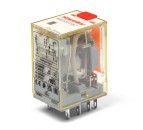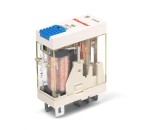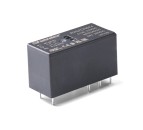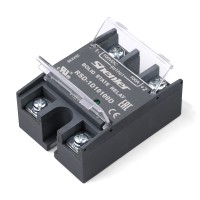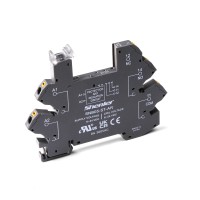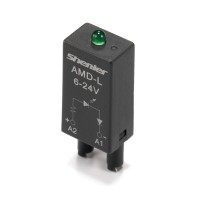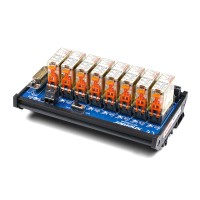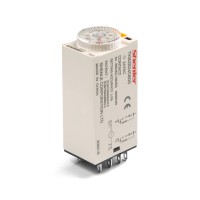Protection Module And Accessories
A relay protection module is a device that helps to protect electrical equipment from damage caused by overcurrent or overvoltage. It is typically used in conjunction with circuit breakers, fuses, and other safety devices. Relay protection modules are designed to automatically disconnect the equipment from the power source when an overcurrent or overvoltage condition is detected. This helps to prevent damage to the equipment and to keep people safe.
When it comes to choosing the right relay protection module and accessories factory, you want to make sure you choose a reputable and reliable company. Shenle is a leading manufacturer of high-quality relay protection modules and accessories, and we are committed to providing our customers with the best products and services possible.
We believe that our products are the best on the market, and we stand behind them with a 100% satisfaction guarantee. So if you’re looking for a relay protection module and accessories factory that can provide you with the quality and service you deserve, then Shenle is the right choice for you.
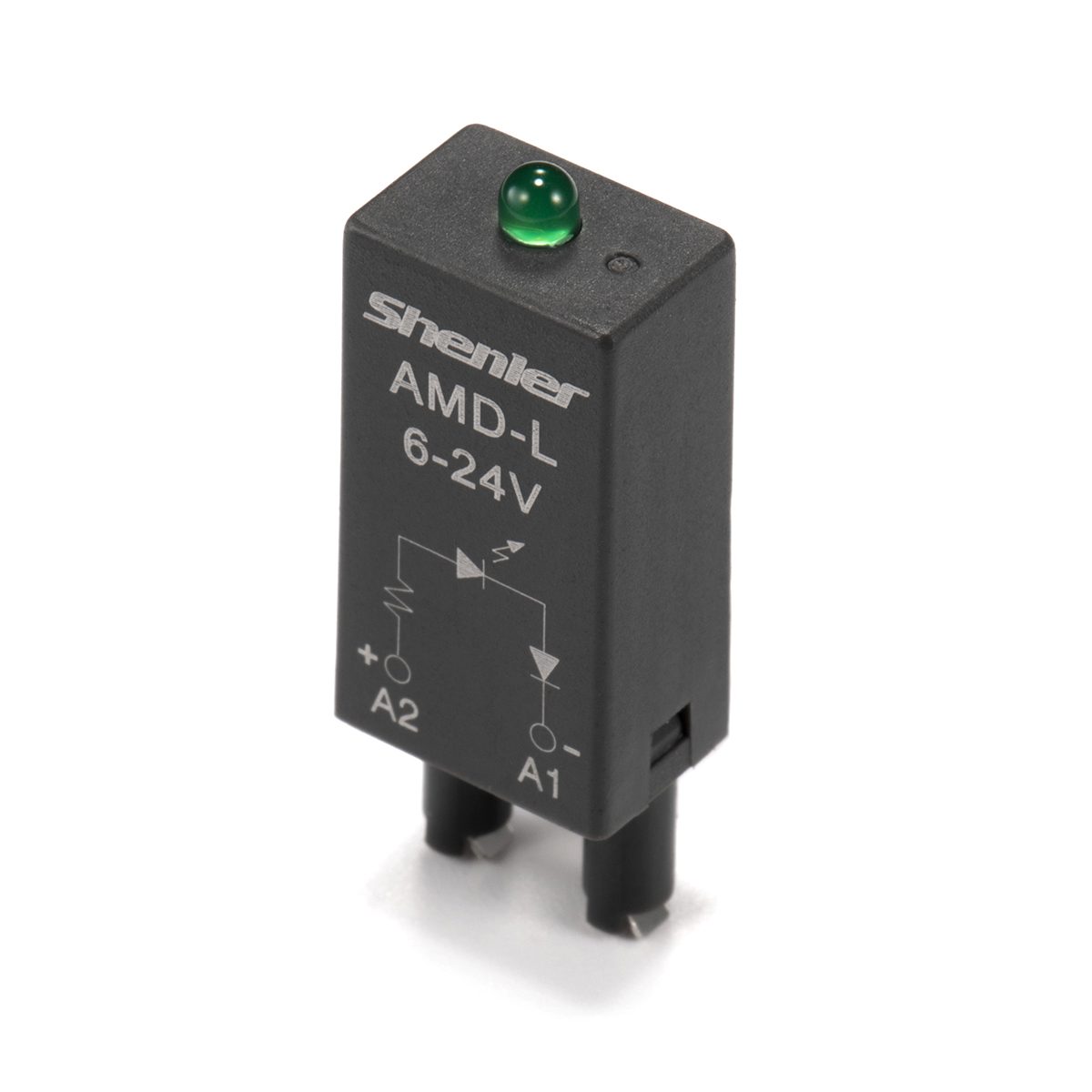
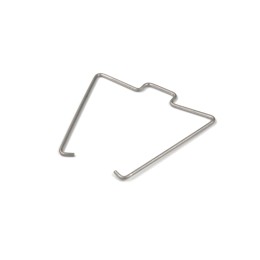
SR2025M metal clip is a low power device that mounts on the SRC05/08-P relay socket.

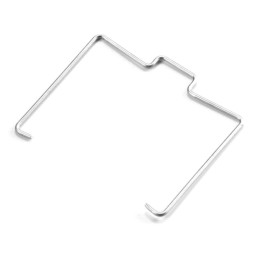
SR1520M metal clip is a general purpose assembly, which is designed for SRC05/08-P sockets.

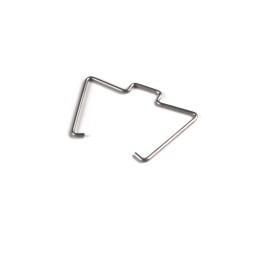
SR15M metal clip is designed for use with SRC05/08-P relay sockets.

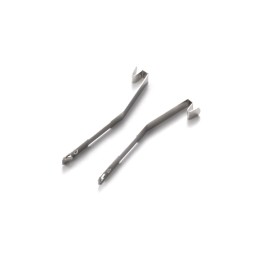
SY36S metal clips are compatible with SYF series sockets.

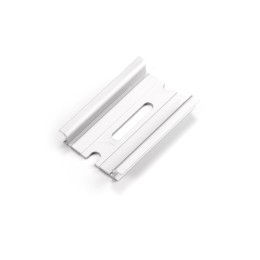
PFP aluminum alloy DIN rail is specially designed for SRU/SRT relay sockets.

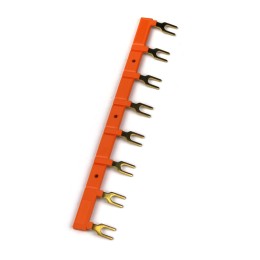
SR08C is a low power bus jumper designed for use with the SRT05/08-E sockets.


Download Shenler Protection Module And Accessories Catalog PDF
DownloadComponents of relay accessories
Relay accessories are devices that support the design and maintenance of relays in electrical circuits. These include auxiliary contact blocks, bus bars, clips, interfaces, labels, mounting adapters, relay covers and sockets.
Auxiliary contact blocks are available in a variety of configurations, including DIN rail, and provide shunting for relay signals and for testing. Busbars can be used for high current shorting across relay connections and are usually located in the disconnect strip of the connected pair. Mounting adapters provide adaptation between standard outlet types, while relay covers help provide additional safety and environmental protection. Sockets for relay mounting in configurations including PCB type and DIN rail.
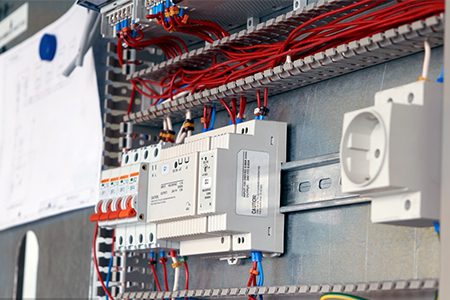
What is the function of relay protection modules?
Protection relay modules are electronic devices that play a vital role in protecting power systems and equipment from overloads, short circuits, and ground faults. Their primary function is to detect these failures and isolate the affected area from the rest of the system to prevent damage and minimize downtime.
The relay protection module works by continuously monitoring electrical parameters such as voltage, current, frequency and phase angle of the power system. When a fault occurs, the module detects the anomaly and sends a signal to a circuit breaker or other switching device to disconnect the affected part of the system.
Relay protection modules are critical to maintaining the stability and reliability of power systems. They help prevent catastrophic failures and ensure uninterrupted power to critical equipment and services.
What types of protective relay modules are used?
Digital Protection Relay
A digital protective relay is a protective relay that uses digital technology to provide advanced protection and control functions for power systems. These relays use microprocessors to perform complex calculations and signal to a process, providing greater accuracy, flexibility, and reliability than traditional analog relays.
It offers significant advantages over traditional analog relays in terms of performance, functionality, and reliability. As the need for advanced protection and control functions continues to grow, they are becoming more prevalent in modern power systems.
Electromechanical relay
An electromechanical relay is an electrical switch that uses electromagnetic force to operate its contacts. It consists of a coil, an armature, and one or more sets of contacts.
When current is applied to the coil, it creates a magnetic field that pulls the armature towards it, causing the contacts to close or open. Before the advent of digital technology, electromechanical relays were widely used in power systems and industrial applications.


